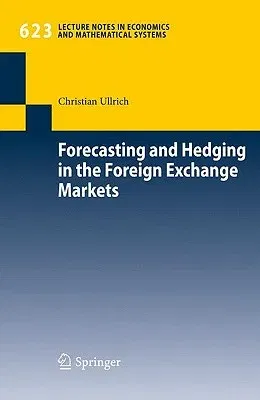Christian Ullrich
(Author)Forecasting and Hedging in the Foreign Exchange Markets (2009)Paperback - 2009, 12 June 2009

Qty
1
Turbo
Ships in 2 - 3 days
In Stock
Free Delivery
Cash on Delivery
15 Days
Free Returns
Secure Checkout
Part of Series
Lecture Notes in Economic and Mathematical Systems
Print Length
207 pages
Language
English
Publisher
Springer
Date Published
12 Jun 2009
ISBN-10
3642004946
ISBN-13
9783642004940
Description
Product Details
Author:
Book Edition:
2009
Book Format:
Paperback
Country of Origin:
NL
Date Published:
12 June 2009
Dimensions:
22.86 x
15.24 x
1.52 cm
ISBN-10:
3642004946
ISBN-13:
9783642004940
Language:
English
Location:
Berlin, Heidelberg
Pages:
207
Publisher:
Weight:
340.19 gm

